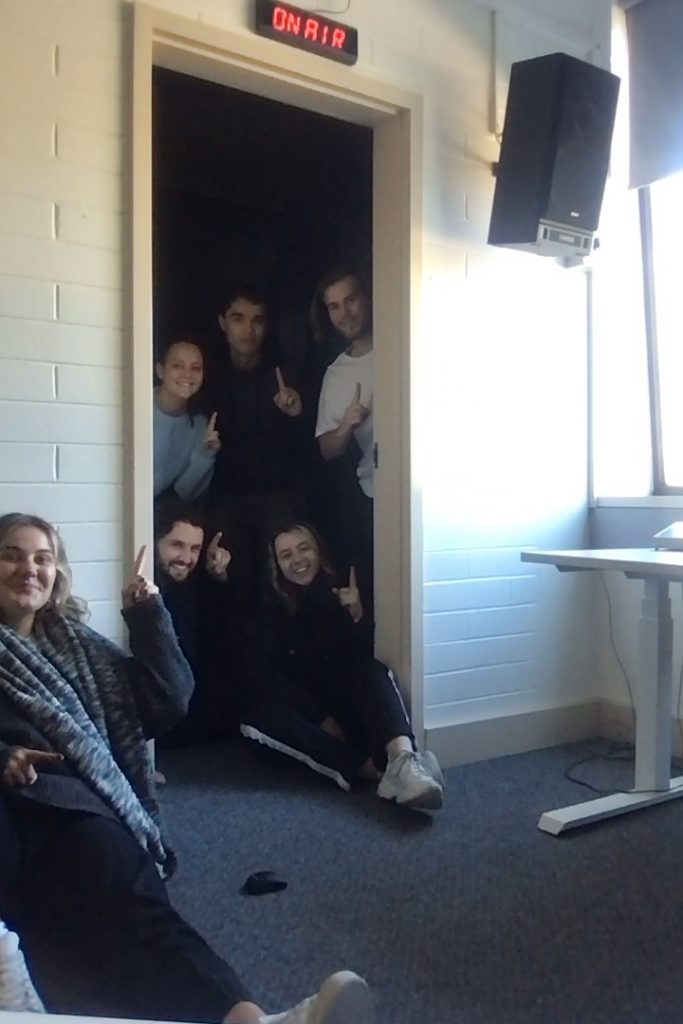Welfare quarantine 'demonising'
By MADELAINE SEALEY
CANBERRA welfare and rights groups are outraged at the Federal Government’s decision to quarantine 50 per cent of the income of people receiving Centrelink payments nationally as early as 2011 and say it will demonise targeted groups.
Income management is one of the “special measures” of the federal intervention into 73 remote Aboriginal communities in the Northern Territory. The Howard government introduced the sweeping measures in response to the ‘Little Children are Sacred’ report, which outlined concerns of child sexual abuse in remote Indigenous communities and listed 97 recommendations on addressing the issue. These were largely ignored and alternative measures were introduced, including the scrapping of the Racial Discrimination Act and the income management of welfare recipients.
While the Rudd Government has continued the NT Intervention, it pledged to reinstate the RDA amid concerns that the measure discriminates against Aboriginal people. The Government plans to re-instate the RDA this year and extend income management to include non-Indigenous recipients. The measure is due to begin in the Northern Territory on July 1, with a national roll-out by 2011. ACT welfare and legal groups are concerned the proposals will place pressure on “already stretched resources” of welfare services in and around Canberra. The ACT branch of the Australian Council of Social Services said the laws would identify welfare recipients to shopkeepers and stigmatise them, as was being seen in the Northern Territory. Aboriginal people are forced to use a Basics Card to access money, allocated for food and other necessities. The Welfare and Legal Rights Centre’s, Genevieve Bolton said the Basics Card system – which is linked to specific supermarket chains such as Woolworths- will mean people, “no longer have access to cheaper shopping alternatives”. This meant welfare recipients will experience greater disadvantage.
The NorhernTerritory experience highlighted “very serious practical difficulties with how people are able to access their money”. This concern was largely based on reports that Aboriginal people are “starving” due to Basics Card restrictions and difficulties accessing money. Reports into health impacts of the NT Intervention also show doubled anemia rates in children, and adults are experiencing “deep psychological damage”. These concerns were echoed during a Senate Committee inquiry into the proposed legislation, which attracted 90 submissions and oral evidence from numerous organisations last month.
In a policy reverse , the Coalition’s leader, Tony Abbott , indicated his support for the proposed legislation last week (16 March 2010). Rather than wait 12 months for an evaluation – as proposed by the Federal Government- Mr Abbott sought amendments for the laws to be extended as soon as possible.
Australian Greens senator Rachel Siewert said the policy would continue to significantly impact on Aboriginal people and would also demonise other groups nationally.
“They have absolutely no evidence to suggest that every single parent mismanages their money, or spends their money on gambling, grog and smokes or drugs, which is what the government is trying to imply,’’ Senator Siewert said last week (15 March 2010).
The Centre for Aboriginal Economic Policy’s Professor Jon Altmon agreed there was no compelling evidence to support the Government’s decision.
Ms Macklin failed to respond to questions from NowUC.




Be the first to comment!